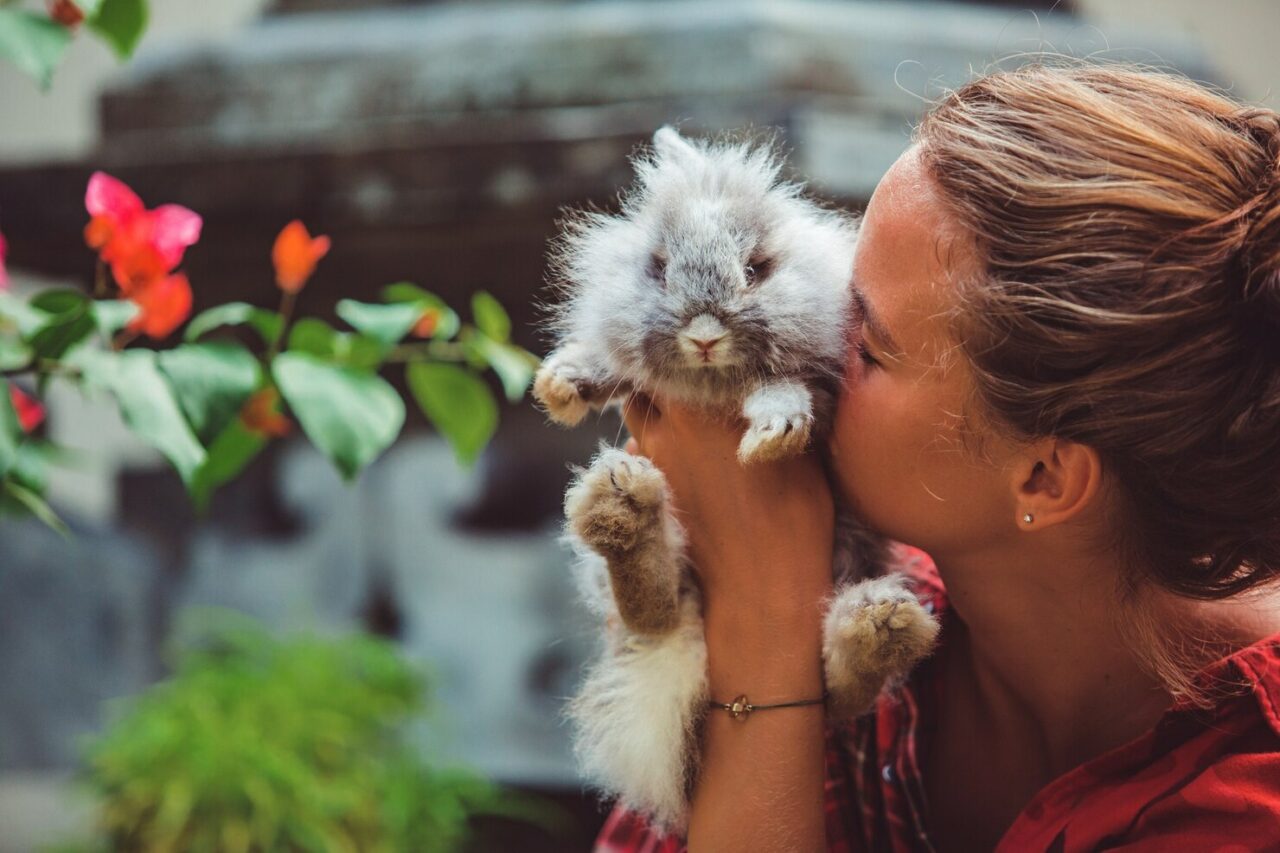Our furry companions bring us joy and warmth year-round, and as responsible pet owners, it’s our duty to ensure their safety and well-being in every season. Summer and winter pose unique challenges and risks for our pets, making it crucial to be prepared and informed. In this comprehensive guide, we’ll explore seasonal pet safety tips to keep your beloved companions happy and healthy in both the scorching heat of summer and the frigid cold of winter.
You may also want to know if French Bulldogs drool.
Seasonal Pet Safety: Summer
Summer is a time of fun and outdoor adventures, but it also comes with potential hazards for our pets. Here are some essential tips for keeping your furry friends safe and comfortable during the hot summer months:
1. Hydration is Key
Dehydration is a significant concern in hot weather. Always provide access to clean, fresh water for your pets, whether indoors or outdoors. Carry a portable water bowl when going for walks or hikes. Make sure to use a good water dispenser.
2. Never Leave Pets in Hot Cars
The interior of a car can become dangerously hot in minutes, even on mild days. Never leave your pet in a parked car, even with the windows cracked. Heatstroke can be fatal.

3. Exercise During Cooler Hours
Avoid exercising your pet during the hottest part of the day. Opt for early morning or late evening walks when temperatures are lower. Hot pavement can burn your pet’s paw pads, so check the pavement temperature with your hand before walking.
4. Provide Shade and Shelter
If your pet spends time outdoors, ensure they have access to shade and a sheltered area to escape the sun. Remember that doghouses can become hot, so make sure they are well-ventilated and shaded.
5. Use Sun Protection
Pets with short fur or light-colored coats are susceptible to sunburn. Apply pet-safe sunscreen to their ears, nose, and any exposed skin. Provide them with sunglasses or a pet sunhat for extra protection.
6. Watch for Signs of Heatstroke
Signs of heatstroke in pets include excessive panting, drooling, lethargy, vomiting, and collapsing. If you suspect heatstroke, move your pet to a cooler area, offer water, and seek immediate veterinary attention.
7. Avoid Overexertion
Pets can easily overexert themselves in hot weather. Keep play and exercise sessions shorter and less intense, and always have water available to help them cool down.
8. Be Mindful of Water Activities
While swimming can be a great way for pets to cool off, not all dogs are natural swimmers. Always supervise your pet around water, and consider using a pet life jacket if needed.
Seasonal Pet Safety: Winter
Winter brings its own set of challenges for pet owners. Cold temperatures, ice, and snow can pose risks to your pets. Here are essential tips for keeping them safe during the winter season:
1. Provide Adequate Shelter
If your pet lives primarily outdoors, ensure they have a warm and insulated shelter to protect them from the cold. Use straw or bedding to insulate the shelter, and position it away from drafts.

2. Limit Outdoor Time
Limit the amount of time your pet spends outdoors in freezing temperatures, especially during extreme cold snaps. Shorten walks and playtime, and provide them with a cozy sweater or coat for added warmth.
3. Check for Frostbite
Check your pet’s paws, ears, and tail for signs of frostbite. Frostbitten skin may appear pale, gray, or bluish. If you suspect frostbite, warm the affected area gently and seek veterinary care.
4. Prevent Antifreeze Poisoning
Antifreeze is highly toxic to pets, and its sweet taste can attract them. Be vigilant about storing antifreeze out of reach, and clean up any spills immediately.
5. Avoid Icy Ponds and Lakes
While your pet may enjoy playing on frozen bodies of water, it can be dangerous. Thin ice can break, leading to potentially life-threatening situations. Keep your pet away from icy ponds and lakes.
6. Use Pet-Friendly Ice Melt
When de-icing your walkways, use pet-friendly ice melt products that are safe for your pet’s paws. Regular rock salt can be harmful if ingested or if it gets on their skin.
7. Dry Off Thoroughly
After outdoor activities, make sure to dry your pet thoroughly, especially their paws and belly. Wet fur can lead to hypothermia.
8. Be Cautious with Space Heaters
If you use space heaters indoors, keep them out of your pet’s reach to prevent burns or fires. Pets may be attracted to the warmth.
Year-Round Safety Concerns
While summer and winter present unique challenges, some safety concerns apply year-round. These include:
1. Nutrition and Weight Management
Maintaining a healthy diet and weight is essential for your pet’s overall well-being. Consult your veterinarian for dietary recommendations tailored to your pet’s age, breed, and activity level.
2. Parasite Control
Fleas, ticks, and other parasites can be a year-round concern. Follow your veterinarian’s recommendations for preventive treatments.
3. Regular Vet Visits
Schedule regular check-ups with your veterinarian to monitor your pet’s health, receive vaccinations, and address any concerns.
4. Microchipping and Identification
Ensure your pet has proper identification, such as a microchip and collar with a tag displaying your contact information. This helps reunite you with your pet in case they become lost.
5. Pet-Proofing Your Home
Pet-proof your home by securing toxic substances, keeping small objects out of reach, and providing a safe environment for your pet to explore.
6. Exercise and Mental Stimulation
Regular exercise and mental stimulation are essential for your pet’s physical and mental health. Engage in play and provide toys that challenge their minds.
Conclusion
Seasonal pet safety is a vital part of responsible pet ownership. By being aware of the specific risks and challenges that each season presents, you can take proactive measures to protect your furry companions. Whether it’s providing shade and hydration in the summer or ensuring warmth and shelter in the winter, your pets rely on your care and attention to thrive all year round. Remember, a safe and comfortable pet is a happy and healthy one.
